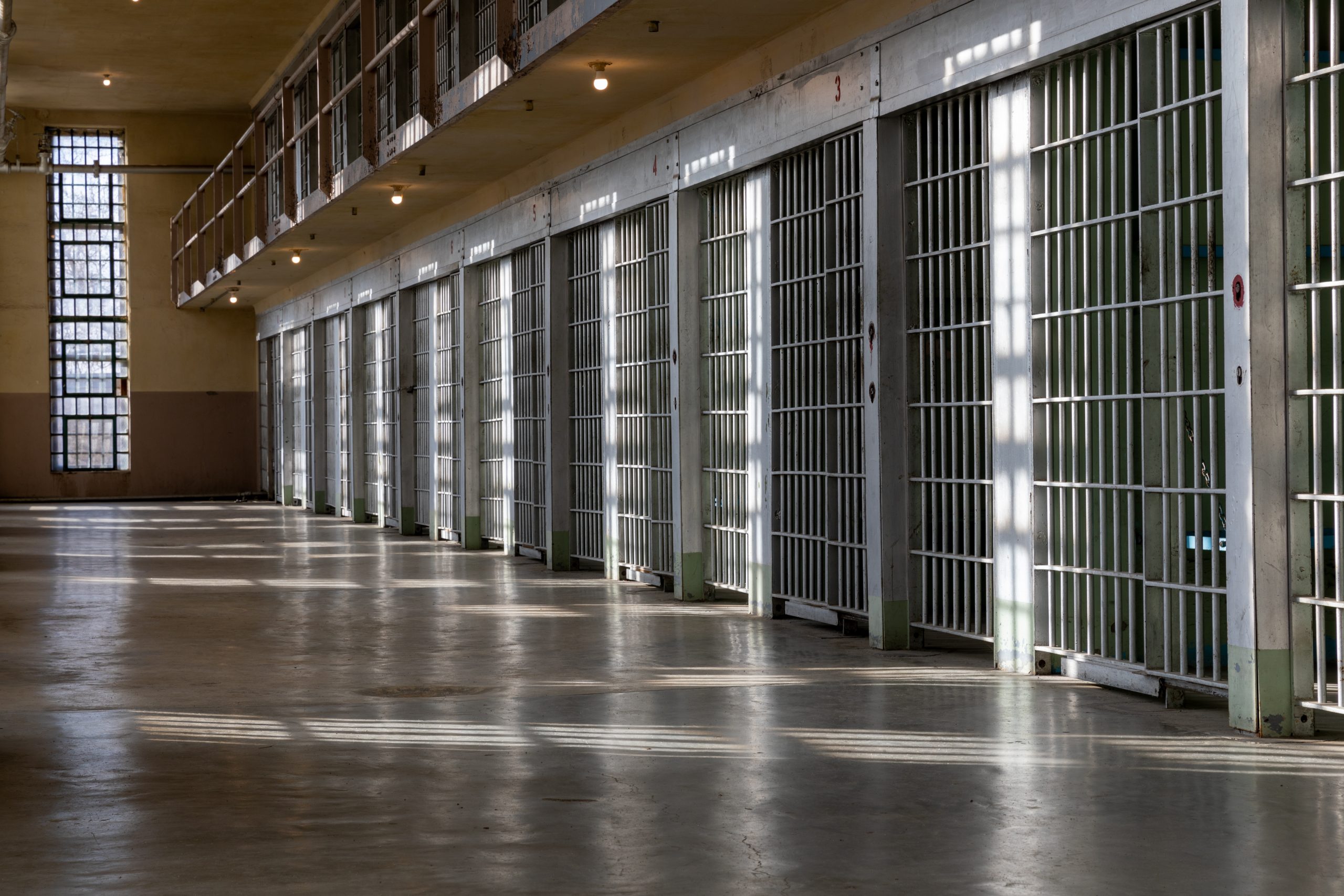Author: Conor Burke-Smith, second-year medical student, Iowa
This post is a series of mental health pieces from the AMSA WSL Committee
Much has been written about the potential negative effects of the COVID-19 pandemic and mental health. Many have felt isolation to a greater extent than ever before in their lives. Anxiety exists about various issues from the safety of loved ones to financial security. This deficit of mental wellness, like most societal problems, likely will disproportionately affect those who have the fewest resources to protect their well-being and advocate for themselves. One population fits this description particularly well—prisoners.
Mental health in prisons has been a concern long before COVID-19—15% of prison inmates and 20% of jail inmates have a serious mental illness, such as schizophrenia, bipolar disorder or major depressive disorder. This means there are an estimated 383,200 inmates with a severe psychiatric disorder in the U.S., over ten times as many as people who are housed in state mental hospitals. Suicide is the leading cause of death in jails. Prisoners suffer from an abysmal lack of medical support, with over 50% of patients who received psychiatric medications at admission not receiving continued pharmacotherapy in prison. This practice alone sets prisoners up for worse mental health consequences from COVID-19, but another major factor is at play as well. Prisons are very susceptible to virus outbreaks. A study released in early July from Johns Hopkins Bloomberg School of Public Health analyzed public data and found that the COVID-19 case rate was 5.5 times higher for prisoners than the general U.S. population. Their death rate was three times higher than the general population.
Little hard data exists about a worsening mental health crisis in prisons due to COVID-19. However, what we do know is discouraging. Early reports from mental health staff indicate deteriorating mental wellness among prisoners with and without preexisting conditions, along with heightened anxiety in prison staff. Suspensions and delays in trials along with the suspension of prison visits and recreational activities have taken place, any and all of which could predict poor mental health outcomes. Patients in dire need of hospitalization have also become stuck in jails due to hospitals decreasing admissions in order to limit COVID-19 spread. The national watchdog group Solitary Watch has reported an estimated 500% increase in the use of solitary confinement due to the pandemic to physically distance prisoners. This strategy is in opposition to the fact that solitary confinement has been shown to be psychologically damaging to the extent that it is considered “cruel, inhuman or degrading treatment or punishment” under international law.
The dehumanizing experience of incarceration surely cannot be fully understood without having experienced it first-hand. However, considering that many Americans have recently realized the effects of social distancing on our own mental health, we may be closer to a form of understanding than ever before. This means that now may be an ideal time to reflect on this issue. Social relationships, recreational activities, a safe environment, and access to therapists are useful, if not necessary, for maintaining mental health. It is reprehensible to deny these vital resources. As this is fundamentally a health issue, healthcare workers have a responsibility to advocate for changes to the system. Visit the Sentencing Project’s website where you can click “Take Action” to submit your statement to your representatives in support of prioritizing prisoner protections in upcoming COVID-19 legislation.

